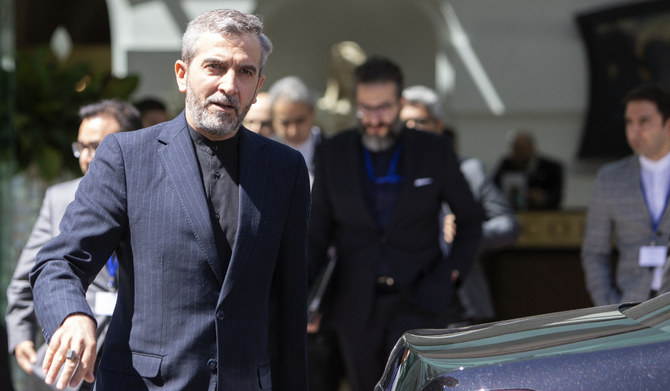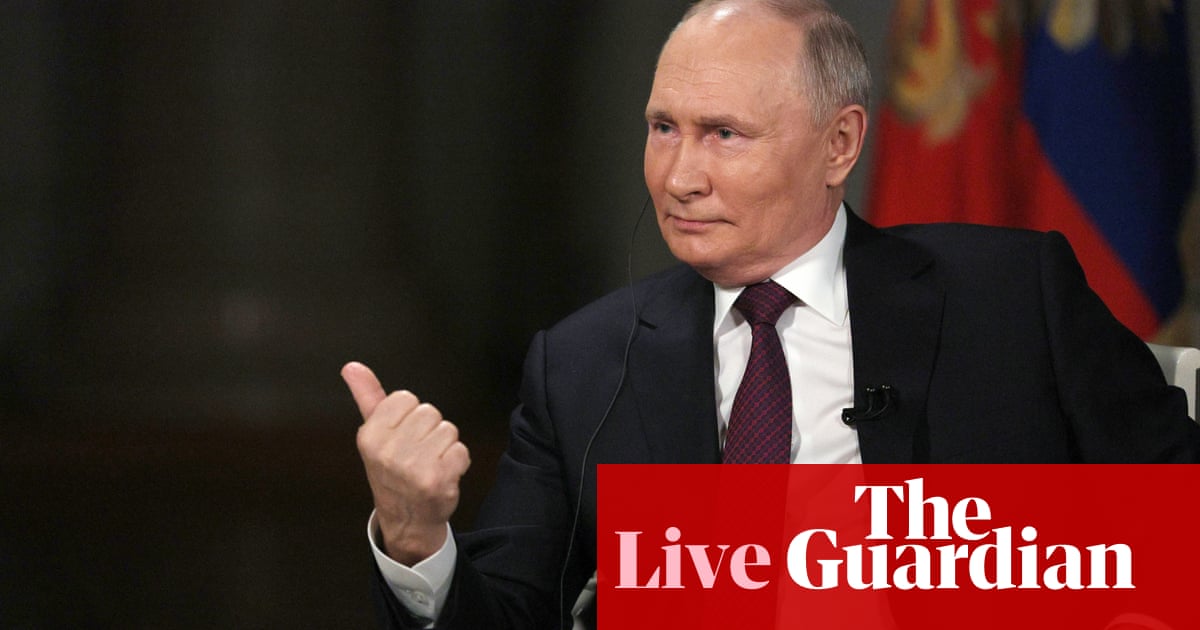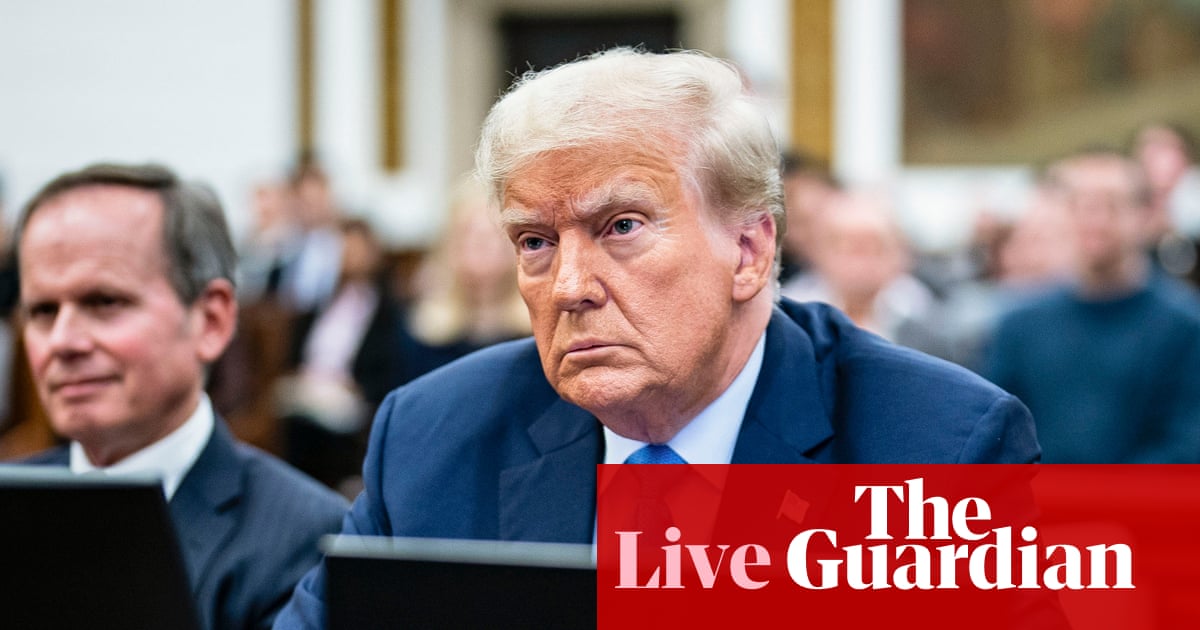
Iran’s military and diplomatic leadership has hit back at Donald Trump’s claims that its proxies were planning a sneak attack on US bases in Iraq, claiming Tehran only ever acts in self-defence and has no proxies in Iraq, only allies.
The US and Iran are already at loggerheads over the impact of US sanctions on Tehran’s ability to fight the coronavirus pandemic, and the threat of a military attack on the US is likely to widen the dispute. The Iranian army chief of staff, Mohammad Bagheri, said the recent spate of attacks on US bases in Iraq were nothing to do with Iran, but were “a natural response by the Iraqi people”. He said US forces were being closely monitored minute by minute and any US attack would produce the most severe response.
Trump on Wednesday said Iran or its proxies planned a sneak attack on American targets in Iraq, prompting the Iranian foreign minister, Javad Zarif, to hit back, tweeting: “Don’t be mislead [sic] by usual warmongers,” adding that “Iran has FRIENDS: No one can have MILLIONS of proxies. Unlike the US which surreptitiously lies, cheats & assassinates.”
It was not immediately clear what intelligence Trump had obtained to prompt him to issue his tweet on Wednesday, but he said: “Upon information and belief, Iran or its proxies are planning a sneak attack on US troops and/or assets in Iraq. If this happens, Iran will pay a very heavy price, indeed!”
At a subsequent press conference he indicated the US’s likely target would be Kata’ib Hezbollah, saying the US had “very good information on the group planning the attack”. He added: “It was led by Iran, not necessarily Iran, but by groups supported by Iran, but that to me is Iran.”
Esmail Ghaani, the head of Iran’s expeditionary Quds force, started a visit to Baghdad this week, the first since his predecessor Qassem Suleimani was killed by a US drone. Ghaani is hoping to unite the Shia factions, and the visit is seen as a test of whether he can match the famed influence of Suleimani.
Suleimani was killed on 3 January along with Abu Mahdi al-Muhandis, the founder of Kata’ib Hezbollah, at Baghdad airport on the US president’s orders.
Three separate militia attacks in the span of a week have struck Camp Taji and Basmaya bases, killing three coalition servicemen, including two Americans, and a British servicewoman. Trump said the last US reprisals for those assaults had involved five separate attacks, and the US was ready to mount a bigger assault. In the past few days, the US announced the withdrawal of troops from several Iraqi military bases and their deployment to Ain al-Asad and other bases near Erbil in the Iraqi-Kurdish autonomous region.
The US has also been building its defences at the bases by installing Patriot missiles.
The confrontation comes as the president finds himself under growing domestic pressure to relax sanctions on Iran, with senior Democrats in Congress backing the call, as well as the former deputy national security adviser Ben Rhodes, and media such as the New York Times and the Washington Post.
Trump said he believed Iran wanted to make a deal, but had been given very bad advice by John Kerry, adding that the former US secretary of state had “violated the Logan Act 100%” . The Logan Act bars US citizens from unofficially negotiating with a foreign power with which the US is in dispute.
Trump said he thought Iran wanted a deal, and channels existed for it to negotiate such an agreement. He said: “Their economics are shot. They’ve got a lot of bad things going. I think they’d like to make a deal. They can get it settled very quickly. No nuclear weapons. They can’t have nuclear weapons. It’s very simple.”
The latest Iranian health ministry figures showed the total number infected by coronavirus had reached 50,469, with the number of deaths at 3,160. New infections in the past 24 hours stood at 2,875 – the fourth day of small declines in succession, and a possible sign that the disease may have peaked. There were 124 deaths in the previous 24 hours. The health ministry said it was not yet close to containing the disease, although in some provinces the number of recoveries was exceeding the number of new infections.
The Iranian president, Hassan Rouhani, said the government would decide on Sunday for how long to extend the current restrictions on travel and shops. In a prediction that contradicted his previous claim that the disease would be beaten within a fortnight, he warned the disease may survive for months or even a further year.












